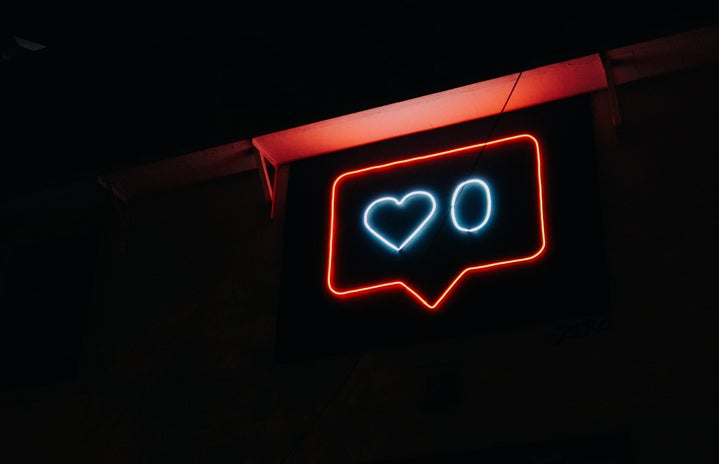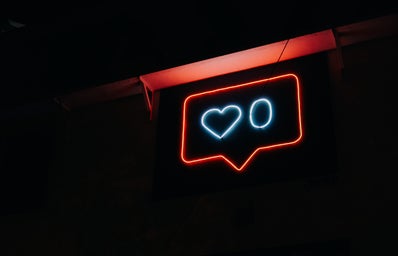Doubtless, a majority of you have already discovered (and are actively using) the app “Yik Yak.” Essentially, the app is a localized Twitter feed, where users can vote up or down on “yaks” and leave comments. Because it’s localized, your primary feed will consist of what other Notre Dame, Holy Cross, and St. Mary’s students are “yaking” about, although there is a feature that allows you to see what other schools are saying.
Overall, it sounds like a pretty neat idea, right? Except it’s completely anonymous.
A lot of people are mostly respectful, even when they’re taking digs at other halls, especially Carroll and Zahm. However, many take it too far. The feed for ND is rampant with abuse, ranging from calling the SMC Belles “sl*ts” and “wh*res,” to making jokes about domestic violence, to making astoundingly unfunny comparisons between the shut out ND vs. U of M game and rape.
And while most of the jokes about Carroll and Zahm are basically harmless, albeit extremely rude, more than a few completely cross the line, especially the ones that treat rape as a joke. Users who try to draw attention to how unnecessary the rape jokes have generally been ignored as people who were “too sensitive” and “easily offended.”
ND isn’t the only place where the app is considered problematic. Though intended for college students, when the app originally came out, high school students were able to access it as well. Because of many high school’s anti-bullying policies, the app was banned at several schools, not just as a formality, but in a way the blocked access to the app on school grounds. Technically, Yik Yak does have a policy about bullying, (“You do not bully or specifically target other yakkers and there is a zero tolerance policy on using people’s full names and phone numbers.”), but it doesn’t appear to be heavily monitored or implemented.
(Insert cliché bullying stock photo here)
Obviously, the biggest issue is the anonymity given to the users. Without their name attached to their words, there’s no fear of repercussion or consequence, no matter how offensive their words are. It gives them a facade to hide behind and allows them the spew hurtful things they wouldn’t dare say in real life, no matter what they claim in the comments. I’ve seen very few posts that actually called out specific people by name, but that’s hardly reassuring when you’re scrolling through an onslaught of horrible, mean, and almost certainly untrue things.
Another issue is the popularity. Yik Yak is already several months old, but it gained over 100,00 users in its first three months alone. Today, over 250 campuses are using it. This isn’t a secret message board where only a handful of kids gather to trash talk their classmates; this is extremely public platform, even more so than other social media outlets such as Twitter and Facebook. You don’t need to be friends with or following someone in order to see what they’re saying, because the whole idea is you don’t have any idea who it is.
I don’t think that Yik Yak is evil or that this new-fangled technology is leading up to the ultimate doom and destruction of the human race. I obviously have one, although I’ve yet to post anything, and in general I think it’s a funny and interesting way to get a peek into the minds of the numerous classmates I probably won’t ever meet. I’m also aware that many of the problematic issues aren’t unique to this app. However, that doesn’t mean that the issues shouldn’t be addressed.
What are your thoughts on Yik Yak?
Follow the HCND Pinterest account, pin with us, and remember to keep posted with HCND on Twitter, Instagram, and Facebook!

